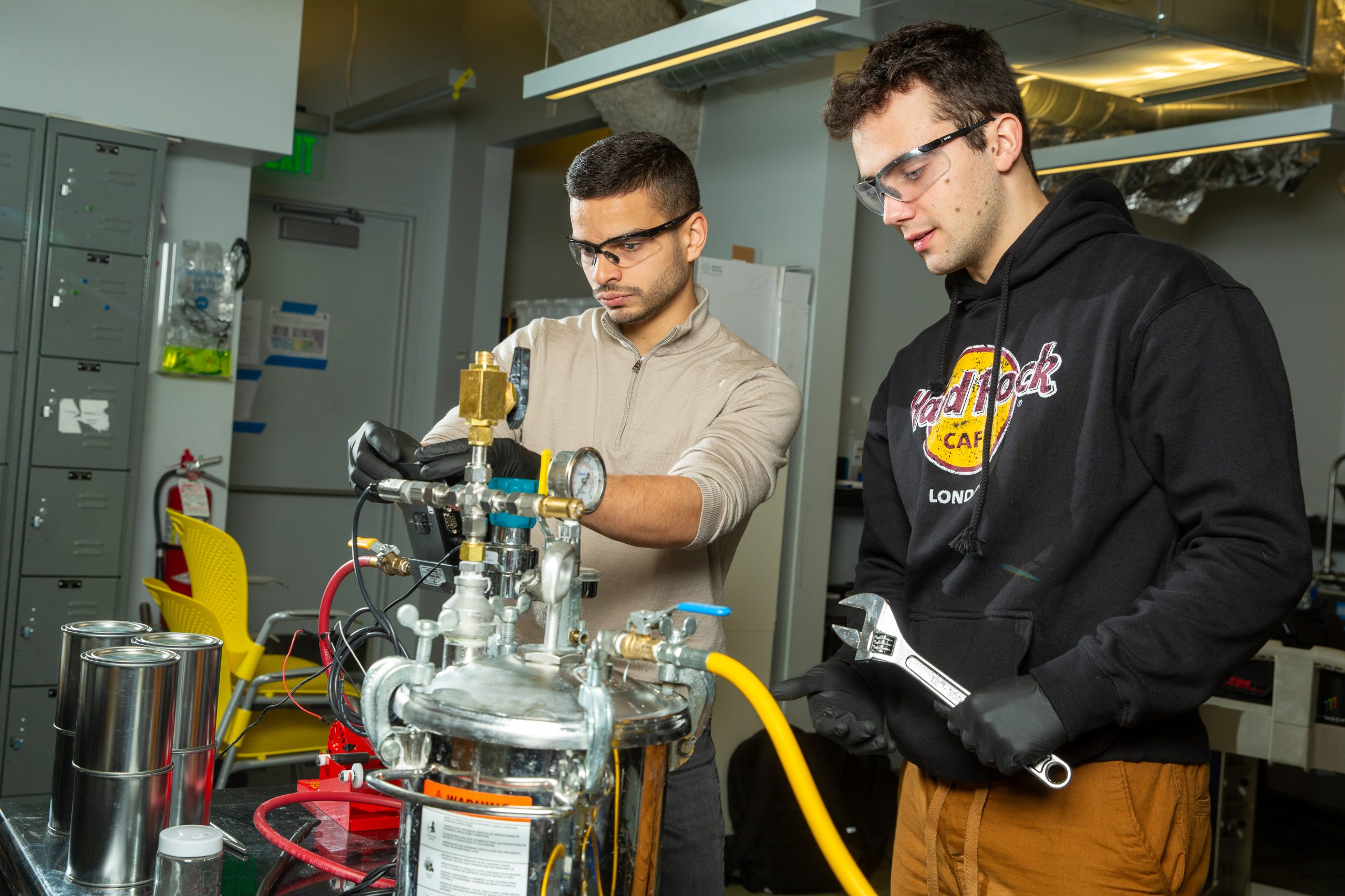During the pandemic, supporting your local restaurants often means ordering takeout, but what about all the plastic waste that comes with disposable containers? Fortunately, soon you may not have to choose between supporting restaurants and supporting the planet with a new fully biodegradable single-use tableware developed by researchers at Northeastern University.
The containers are made of sugarcane pulp and bamboo and biodegrade entirely in just 60 days. The containers are strong enough to hold liquids, but break down on their own in any natural environment without the intense heat requirements of many industrial composting facilities.
According to the researchers, the production process for the new material is far more environmentally friendly. Its production “emits 97 percent less CO2 than commercially available plastic containers and 65 percent less CO2 than paper products and biodegradable plastic.” Sugarcane pulp is leftover after crushing sugarcane to extract the juice and considered an industry byproduct. Creating containers from it is giving new life to waste that would otherwise be thrown away.
In addition to being far more sustainable, the material is also cheaper to produce than bioplastics. It costs $2,333 per ton to produce compared to $4,750 per ton for bioplastic. Compostable containers may not be as green as a fully circular food system, but this new material is far more environmentally friendly than traditional containers and once its production can be scaled up, it will be an affordable and green solution for restaurants, coffee shops, and even private events.
Image Source: Tribune Content Agency












